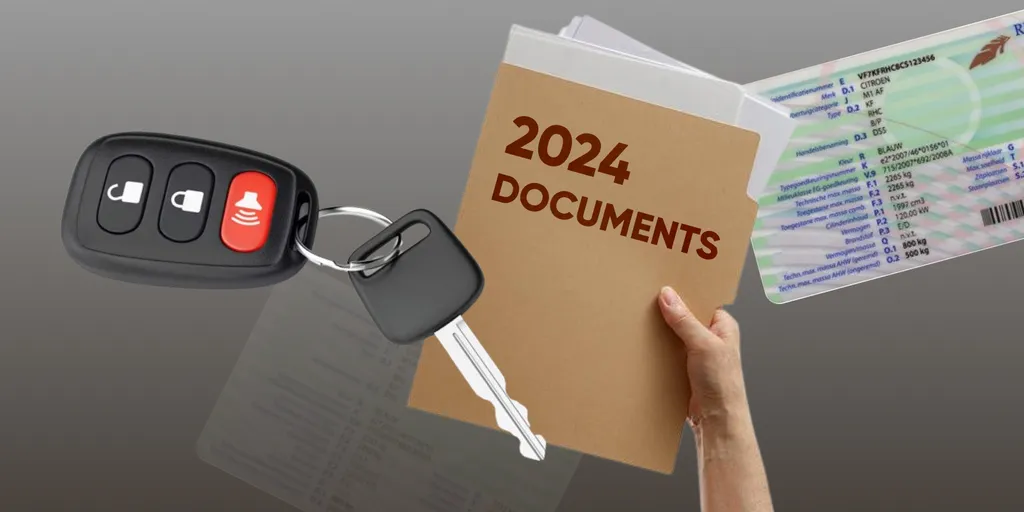When considering the acquisition of a used car in the USA, the issue of vehicle recalls becomes incredibly significant. Recalls can affect a range of components, from minor inconveniences to life-threatening defects. Understanding the implications of recalls in the context of used cars is crucial for informed purchasing.
The Recall Landscape
What Is a Vehicle Recall?
A vehicle recall occurs when a manufacturer identifies a defect in a vehicle that poses a safety risk or does not comply with federal safety standards. This can happen years after a car has been sold, and it can involve anything from faulty airbags to problems with the braking system. The National Highway Traffic Safety Administration (NHTSA) is responsible for ensuring that manufacturers comply with federal regulations regarding recalls.
The Impact of Recalls on Used Cars
When buying used cars, the history of recalls can significantly impact both the safety and the resale value of a vehicle. Many buyers overlook recalls, assuming that a car’s history report will suffice. However, not all recalls are adequately addressed, and this can lead to potential hazards for drivers and passengers alike.
For instance, consider a situation where a used car equipped with a sunroof has been recalled due to a defect that could lead to water leakage, damaging the interior and potentially causing electrical failures. A buyer who is unaware of this recall might face costly repairs later on.
Evaluating Recall Information
Researching Vehicle Recalls
To ensure safety and reliability, buyers should actively research any recalls associated with a used car. The following steps are essential:
- Check the VIN: The Vehicle Identification Number (VIN) can be used to find recall information specific to that vehicle.
- Visit Official Resources: Websites such as the NHTSA provide comprehensive databases on recalls where buyers can input the VIN to find a history of any recalls.
- Ask the Seller: A reputable seller should have a record of recalled parts that have been repaired or replaced.
The Role of Dealerships and Private Sellers
Not all dealerships or private sellers are forthcoming about recall issues. Some may inadvertently omit recall information to expedite a sale. It’s advisable to be cautious and diligent. For example, a dealership selling used cars with sunroofs should be able to provide documentation confirming that any related recalls have been addressed.
Failing to address recalls can also diminish a vehicle’s resale value. A car with outstanding recalls may be less appealing to future buyers, resulting in a financial loss when it’s time to sell or trade in.
Real-Life Implications of Ignoring Recalls
Case Studies of Ignored Recalls
There are numerous documented cases where ignoring recalls has led to severe consequences. One notable example is the widespread recall of certain models of cars due to faulty airbags produced by Takata. Many used cars with such airbags were sold without rectifying the issue, leading to accidents that resulted in injuries and fatalities.
Similarly, another case involved a popular SUV model recalled for brake failures. Buyers who chose to overlook this recall ended up facing emergency situations on the roads. It is crucial to understand that recalls are not merely bureaucratic formalities; they can literally mean the difference between life and death.
Long-Term Effects of Vehicle Recalls
The ramifications of recalls extend beyond immediate safety hazards. Long-term effects include:
- Insurance Implications: Vehicles with unresolved recalls may incur higher insurance premiums or, in some cases, may be deemed uninsurable.
- Warranty Concerns: If recall repairs are neglected, it may void any existing warranties, leaving the buyer financially vulnerable due to unanticipated repair costs.
- Financial Loss: As mentioned earlier, the resale value of used cars can plummet if recall issues are left unresolved.
Emphasizing Safety and Transparency
Advocating for Safer Used Cars
It’s essential for buyers to advocate for safety and transparency in the used car market. When considering a vehicle, whether it’s a sedan or used cars with sunroofs, consumers should prioritize thorough checks and verifications. Knowledge is power, and being informed can lead to safer choices.
Building Trust with Sellers
Establishing trust with the seller is equally important. Buyers should engage in open discussions about any potential recalls and seek documentation that confirms repairs have been made. Transparent communication can lead to a smoother transaction and ensure peace of mind for the buyer.
Final Thoughts on Vehicle Recalls
When navigating the world of used cars, particularly those with features like sunroofs that may have specific recall issues, awareness of vehicle recalls is paramount. It is not just about finding a car that fits one’s budget; it’s about ensuring that the vehicle is safe, reliable, and worth the investment.
Purchasing a used car requires diligence, informed decisions, and a proactive approach to understanding recalls. The road to a successful purchase is paved with safety and awareness. The repercussions of ignoring recalls can be dire, and it is up to consumers to prioritize their safety and the safety of their loved ones. Awareness and action can transform the used car purchasing experience into a positive and secure journey.
